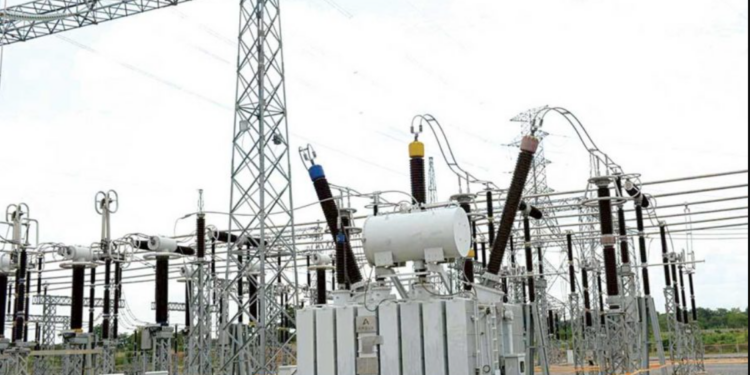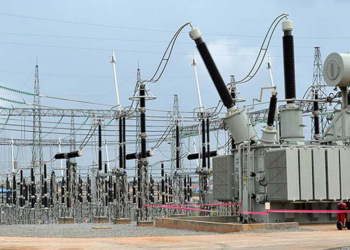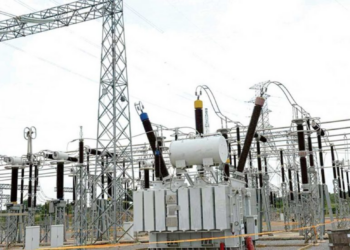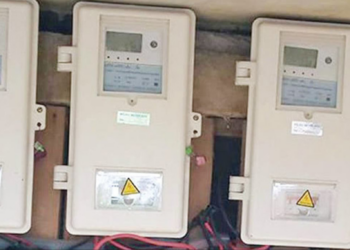Only five states in Nigeria can build over 100 km of transmission lines. This is according to a recent report by the Energy Market and Rates Consultants (EMRC), published on July 27, 2023.
According to the report, $1.58 billion (N750 to a dollar), which was 63% of the entire internally generated revenue (IGR) by states in 2021, was generated by only five states;
- Lagos
- Rivers
- Ogun
- Delta
- Federal Capital Territory (FCT), Abuja.
The report stated further that while there is now a constitutional amendment allowing states to participate in the electricity sector, transmission is a very expensive aspect of the value chain and only the highlighted states can afford to build over 100 km of electricity transmission lines.
Cost implication
The EMRC report cited a document published by Grid North Partners which stated that the cost of building an overhead transmission line is $1.5 million to $2 million per mile, which brings the cost to
$931,677 (using $1.5 million) per kilometre.
A part of the EMRC report stated:
- “This means that using the average price against a total overhead transmission line of 17,740 km, the estimated cost of the Nigerian transmission infrastructure in today’s value is $16.5 billion for the network lines alone. This estimated cost of $16.5 billion does not include the cost of substations, circuits, control centres, work centres, or financing costs.
- “If all the states in Nigeria spend their total revenue generated on building transmission lines alone, they will only be able to build 2,748 km of transmission lines, which is 15% of the current length of transmission lines in Nigeria.
- “Also, it is important to note that states cannot spend their total IGR on just one sector as multiple factors contribute to the welfare of states like health care, education, etc.”
Recommendation
Following the empowerment of states to generate, distribute and transmit their electricity based on the passage of the 2023 Electricity Act by President Bola Ahmed Tinubu, the EMRC advised states that it is in their best interests, to collaborate with the Transmission Company of Nigeria (TCN) on transmission-related matters within their states or consider public-private partnerships for financing transmission within the state.
What you should know:
During the July 22 webinar on the 2023 Electricity Act by Nairametrics, Management, and Strategic Leadership expert, Biodun Ogunleye, said that some states may not have the ability to effectively generate, transmit and distribute electricity, so there is a possibility that the country may end up with over 20 new electricity markets, as opposed to 37.
























There are several power plants that are available in smaller units that doesn’t need long transmission lines.
The recent act on electricity is another ten year journey down the rabbit hole similar to the supposed privatisation done by president Jonathan administration.
Recommendation: Electricity should be a private sector concern. Electricity provider connected to customer directly without Federal or State governments as intermediary.
Power is our only way out of the mess our leaders created since 1999. Now the feds have found a way to wash their hands off it, like they did years ago privatising assets without due process. We are on a time bomb,
Nigerian can adopt the principle of integrating Distributed Generations in either the main grid or distinction network to overcome the cost of building transmission line and overcome it acute electricity shortage